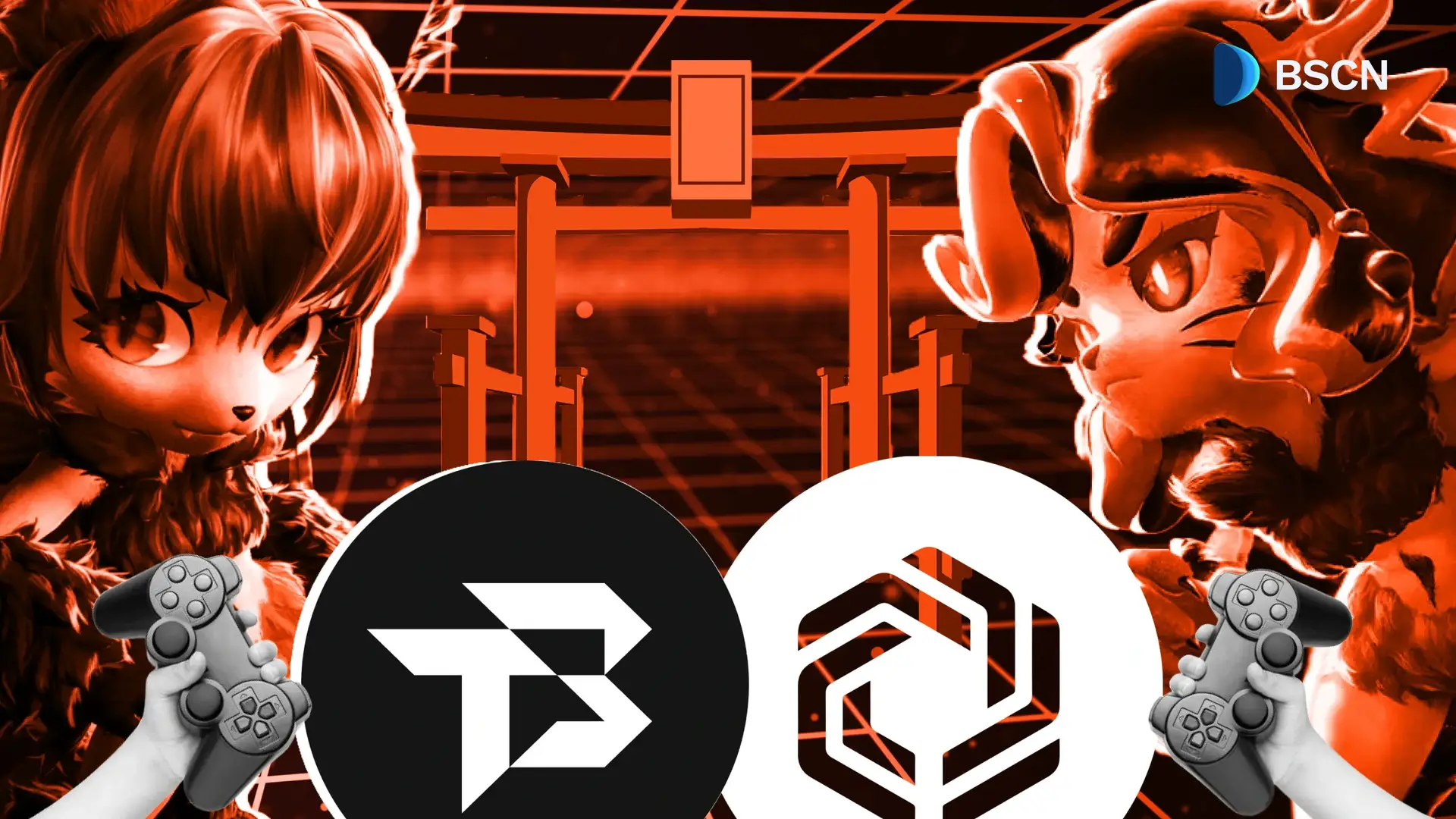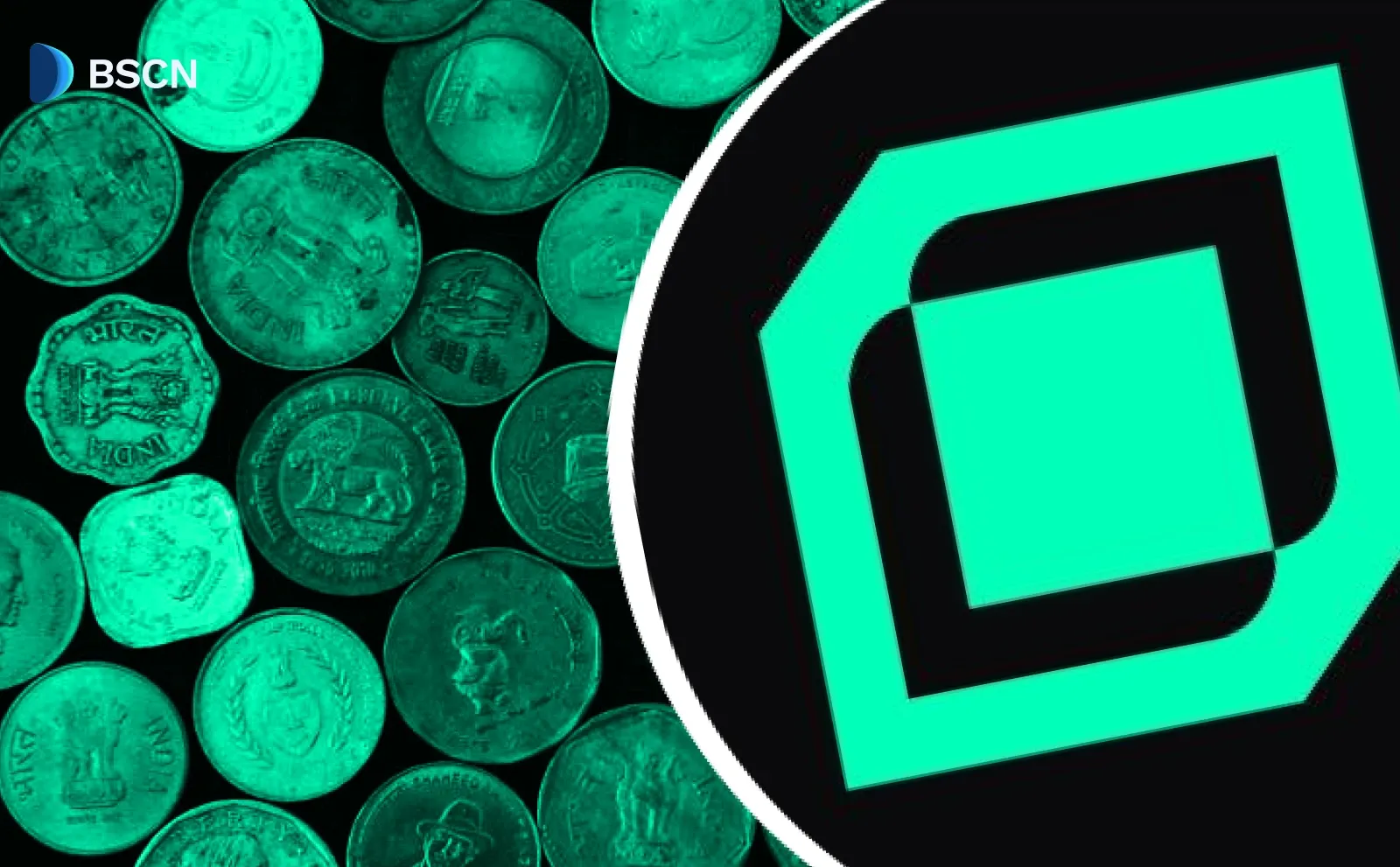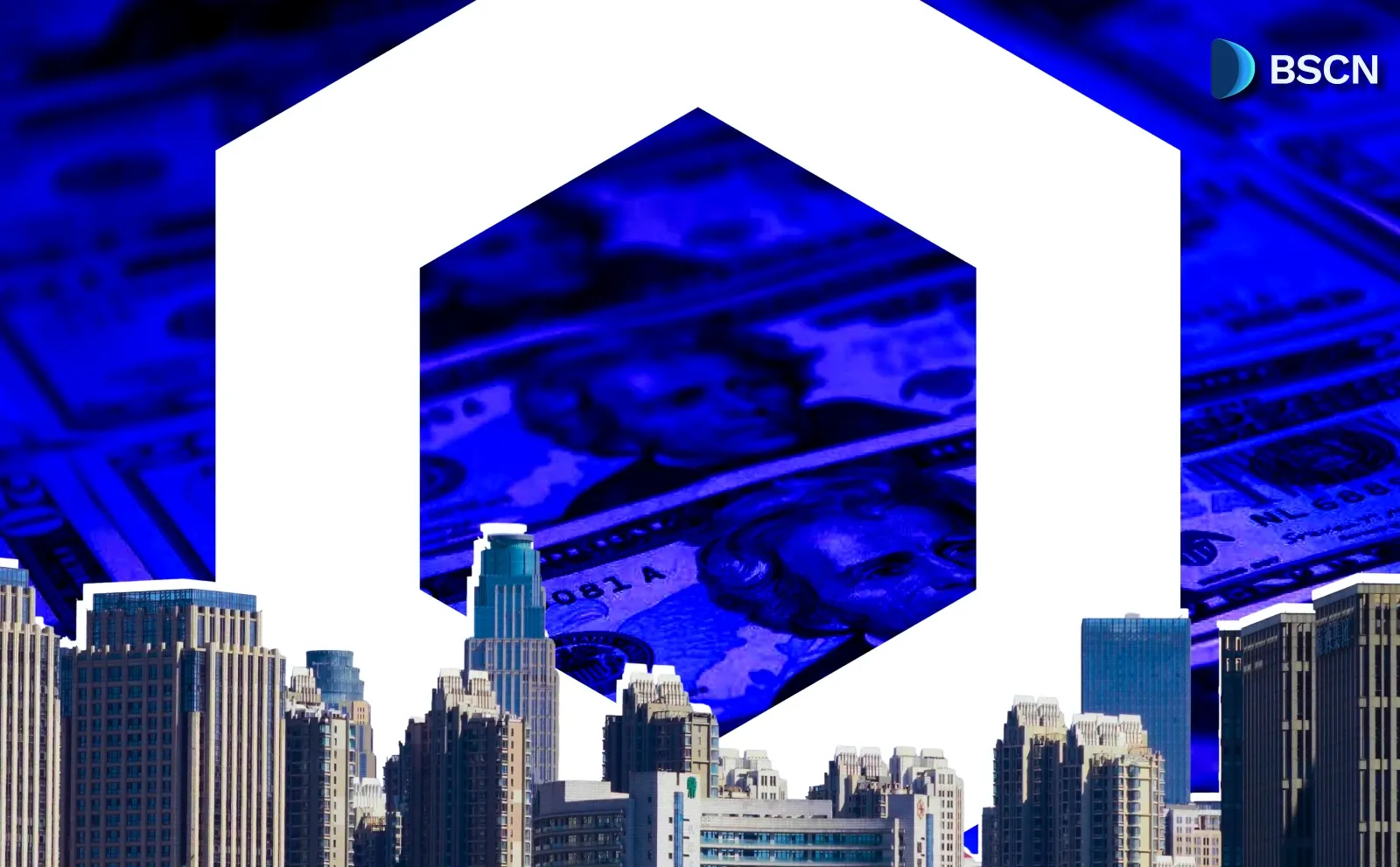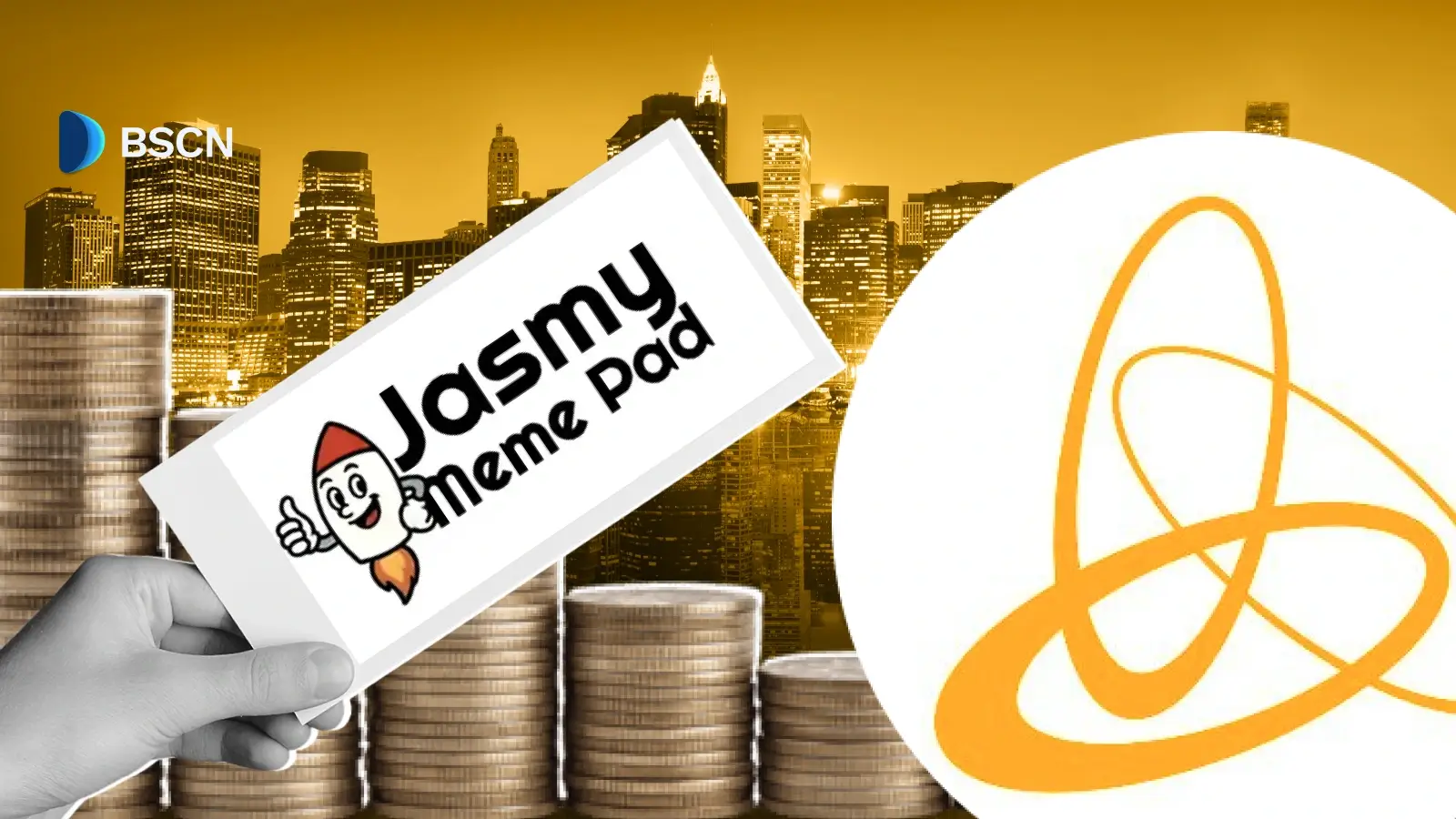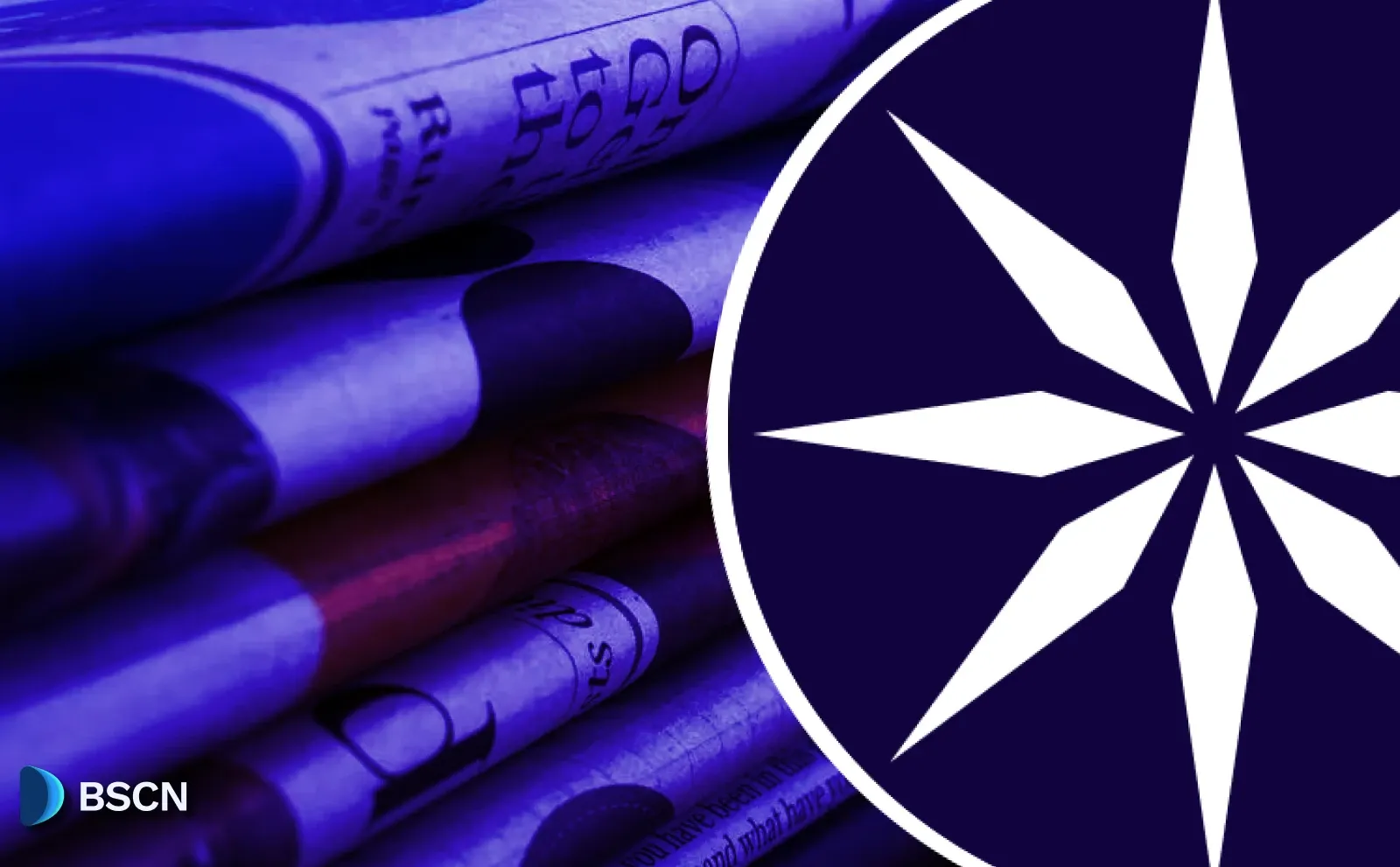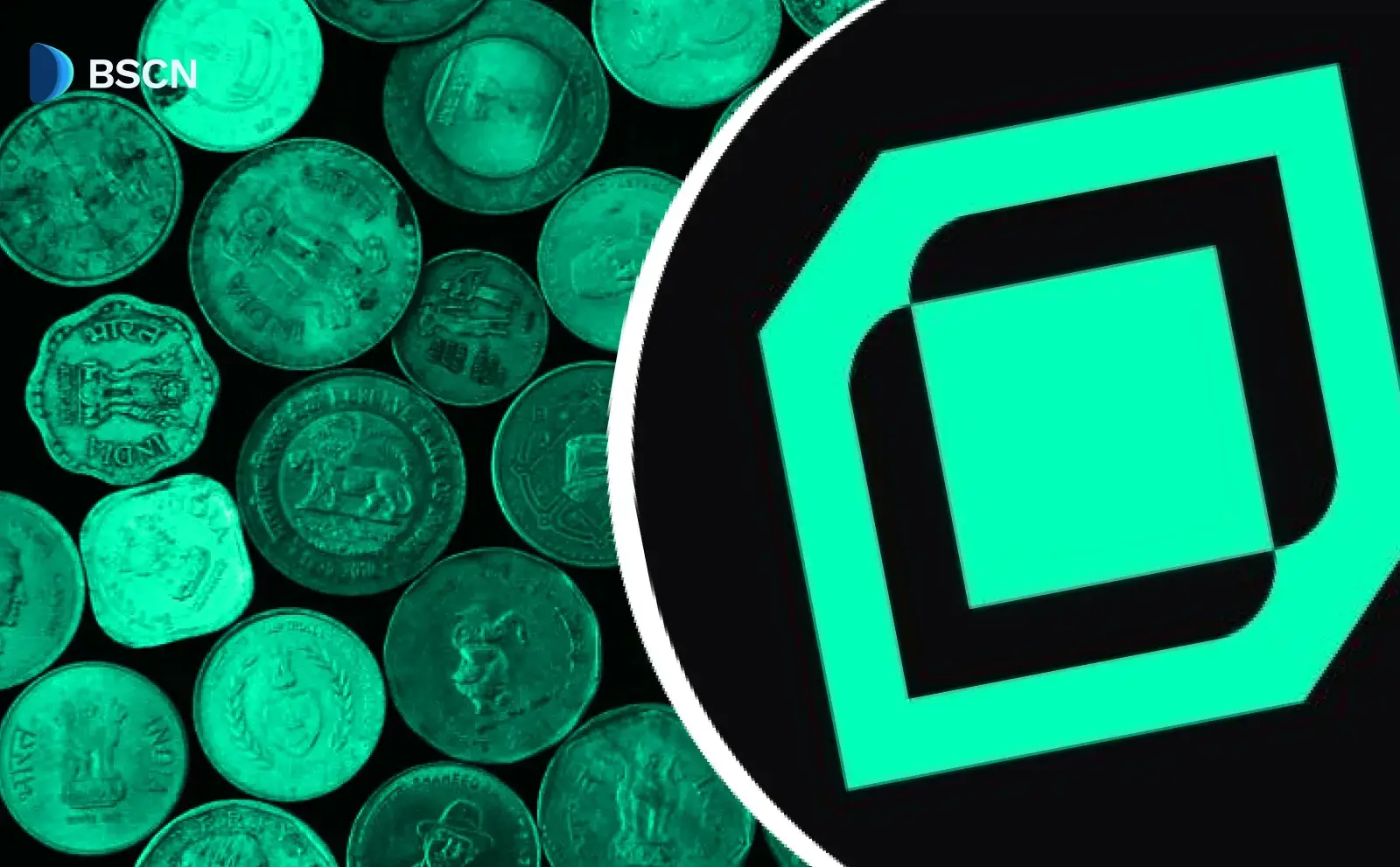Guardians of Privacy: How ZK Technology Can Transform NFTs for the Better
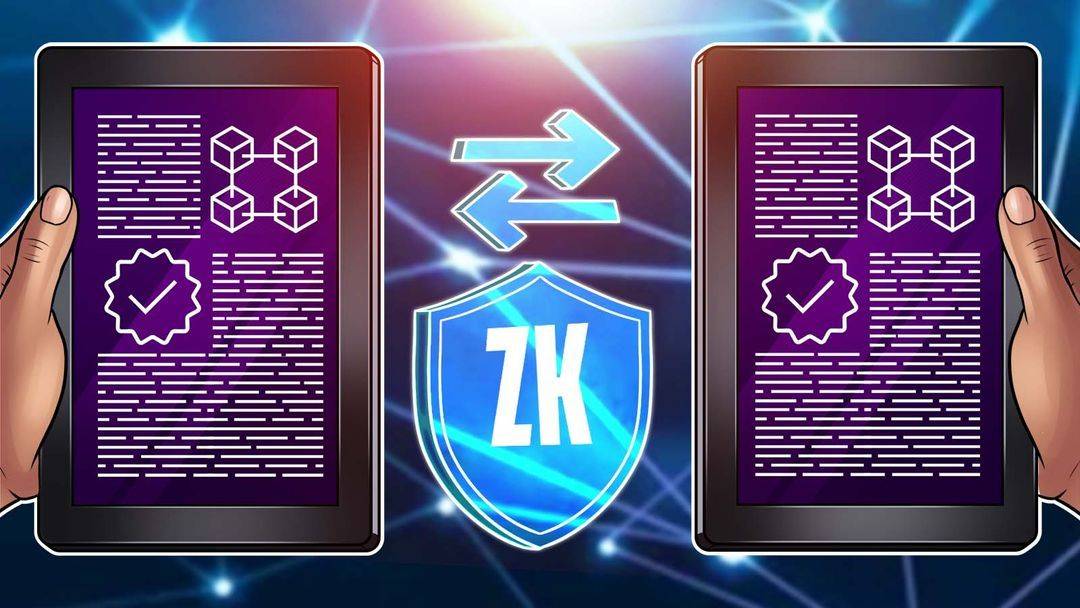
With enhanced security measures and privacy preservation, ZK-powered NFTs offer participants a more inclusive and diverse ecosystem.
BSCN
June 1, 2023
Privacy Meets Authenticity
In the world of blockchain technology, privacy, and decentralization are often regarded as essential elements. However, many blockchain networks prioritize consensus algorithms and stability over anonymity and trust. This raises questions about the level of privacy and decentralization offered by blockchain networks.
One of the most promising solutions to address these concerns is Zero-Knowledge Proof (ZKP) technology. ZKP is an encryption system introduced by MIT researchers Silvio Micali, Shafi Goldwasser, and Charles Rackoff in the 1980s. It allows one party (Prover) to prove the truth of a specific statement to another party (Verifier) without revealing any additional information.
ZKP ensures that only the intended recipient (you) can access your secured data, providing higher privacy and security. Zero-Knowledge Proof has emerged as a significant development in the pursuit of improved privacy in the blockchain era.
Meanwhile, NFTs have revolutionized digital ownership by creating a market for unique and indivisible digital assets. These assets range from artwork and collectibles to virtual real estate.
While NFTs have gained immense popularity, concerns about privacy, security, and authenticity persist. This is where Zero-Knowledge (ZK) technology enters the picture, offering a potential solution to enhance the NFT ecosystem.
In this article, we delve into the impact of ZK technology on NFTs, exploring the positive transformations it brings while considering potential drawbacks.
Positive Impact of ZK Technology on NFTs:
Uncompromised Privacy and Security:
Zero-knowledge proof allows individuals to verify their identity without revealing any sensitive information. Using a decentralized identity, users can verify that they are citizens of a country without giving their name or passport number instead of providing identity details.
NFT ecosystems can benefit from unprecedented levels of privacy and security provided by ZK technology. By utilizing zero-knowledge proofs, NFT owners can verify their ownership and authenticity without disclosing sensitive information or compromising their identities.
This privacy enhancement mitigates the risk of fraud and identity theft, fostering trust and confidence among NFT participants. As a result, individuals have more control over their data when using ZKP-based identity protocols.
Anti-Counterfeiting Measures:
Counterfeit assets pose a significant challenge in the NFT ecosystem, threatening the integrity and value of digital assets. However, Zero-Knowledge (ZK) technology emerges as a powerful tool to combat counterfeiting and ensure the authenticity of NFTs.
It serves as a cryptographic mechanism that allows one party to prove the validity of a statement to another party without disclosing any additional data. In the context of NFTs, the owner or creator of an NFT can provide evidence of ownership and authenticity without revealing any details that could be used to counterfeit or replicate the asset.
ZK technology also assists in establishing the provenance and history of an NFT. By utilizing zero-knowledge proofs, creators can demonstrate the creation and ownership of an asset without disclosing confidential information.
Thus, ZK technology can be vital in combating counterfeiting in NFT.
Empowering Efficient Marketplaces:
By leveraging zero-knowledge proofs, ZK technology can enable NFT sellers to verify the validity of their NFT assets while preserving their privacy. The privacy feature is particularly valuable in scenarios where sellers may be high-profile individuals or institutions who wish to maintain confidentiality.
Moreover, ZK-powered NFT marketplaces enable efficient and secure transactions. The technology allows for verifying ownership and the integrity of the NFTs without the need for extensive and time-consuming manual checks.
This mitigates the risk of fraudulent activities, such as double-spending or unauthorized modifications of NFT ownership records. The process saves time and reduces transaction costs, making it easier for buyers and sellers to participate in the NFT market.
Therefore, ZK technology can transform NFT marketplaces, revolutionizing how NFTs are bought and sold.
The current state of zero-knowledge proof, however, presents some challenges as well.
Technical Expertise Barrier with Zero-Knowledge Proof
Integrating ZK technology into NFT ecosystems may impose computational overhead, potentially slowing transaction processing times. Further, the successful integration of ZK technology into NFT platforms demands technical expertise, which may hinder broader adoption among less tech-savvy individuals. Moreover, the intersection of ZK technology and NFTs raises regulatory and legal considerations.
However, ongoing algorithm advancements and optimization techniques aim to mitigate the current challenges, paving the way for smoother operations. Simplifying user experiences and providing intuitive interfaces will be essential to make ZK-powered NFTs accessible to a wider audience. Furthermore, to foster responsible innovation in this space, it is crucial to strike the right balance between privacy, security, and compliance.
Integrating ZK technology within the NFT ecosystem unlocks vast possibilities for enhanced privacy, security, and trust. Through zero-knowledge proofs, NFTs can flourish as a secure and transparent medium for digital ownership. While challenges such as computational demands and accessibility must be addressed.
Read Next...
Disclaimer
Disclaimer: The views expressed in this article do not necessarily represent the views of BSCN. The information provided in this article is for educational and entertainment purposes only and should not be construed as investment advice, or advice of any kind. BSCN assumes no responsibility for any investment decisions made based on the information provided in this article. If you believe that the article should be amended, please reach out to the BSCN team by emailing [email protected].
Author
 BSCN
BSCNBSCN's dedicated writing team brings over 41 years of combined experience in cryptocurrency research and analysis. Our writers hold diverse academic qualifications spanning Physics, Mathematics, and Philosophy from leading institutions including Oxford and Cambridge. While united by their passion for cryptocurrency and blockchain technology, the team's professional backgrounds are equally diverse, including former venture capital investors, startup founders, and active traders.
Crypto Project & Token Reviews
Project & Token Reviews
Comprehensive reviews of crypto's most interesting projects and assets
Learn about the hottest projects & tokens






